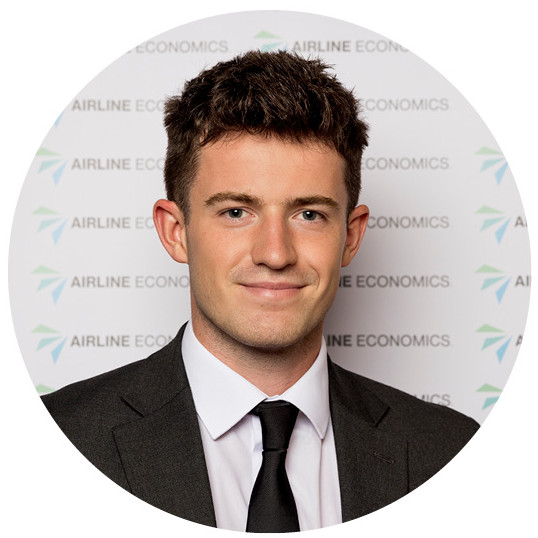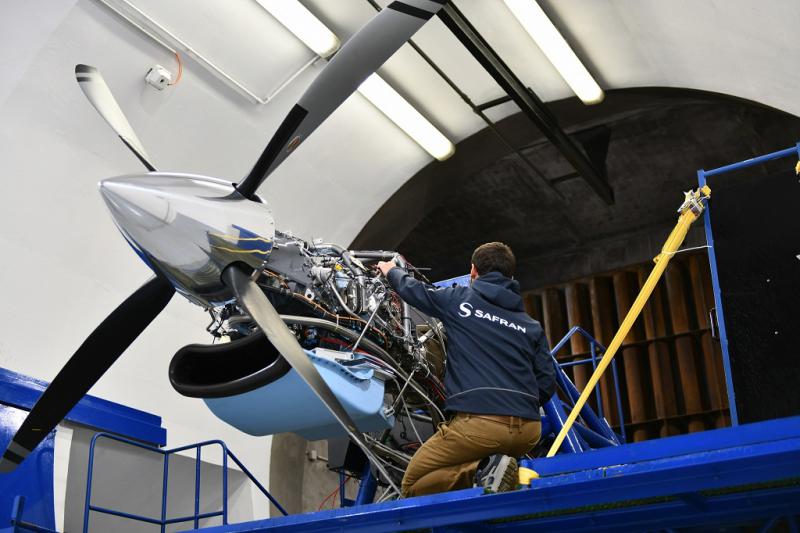Safran’s ENGINeUS 100 electric engine has received the first type certification for an engine that complies with the European Union Aviation Safety Agency’s (EASA) special condition SC E-19, the world’s first special condition for electric and hybrid propulsion systems.
The engine motor obtained certification after a campaign involving 1,500 hours of motor certification tests and more than 100 flight hours on an aircraft in real-world conditions.
“We have just witnessed a key moment in the history of aviation. By obtaining certification for the ENGINeUS 100 electric motor, Safran Electrical & Power has achieved a world first," said Bruno Bellanger, CEO of Safran Electrical & Power. “For Safran Electrical & Power and its institutional partners, this event represents an immense source of pride.”
The EASA introduced this special condition to allow for innovation in sustainability, while ensuring the same safety record as conventional engines. SC E-19 for the certification of hybrid and/or electric propulsion was published in April 2021.
The ENGINeUS 100 series engine is initially planned for installation on a two-seater aircraft. The aim is to extend the series to a greater power range (from 89 KW to 180 KW), a baseline to allow for wider application in up to 19-seater aircraft.
“EASA is fully committed to supporting the development and certification of propulsion technologies aimed at decarbonising aviation. We congratulate Safran for this key achievement, which is paving the way for the electrification of aviation, for small airplanes and beyond,” said Rachel Daeschler, EASA certification director.
The design of the ENGINeUS 100 included several novelties that entailed developing new means of compliance, including new power modules and integrates the power electronics directly into an air-cooled engine.

